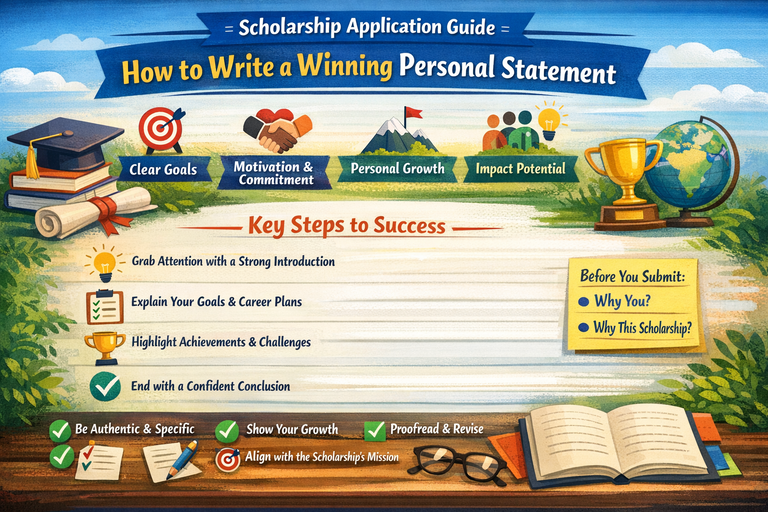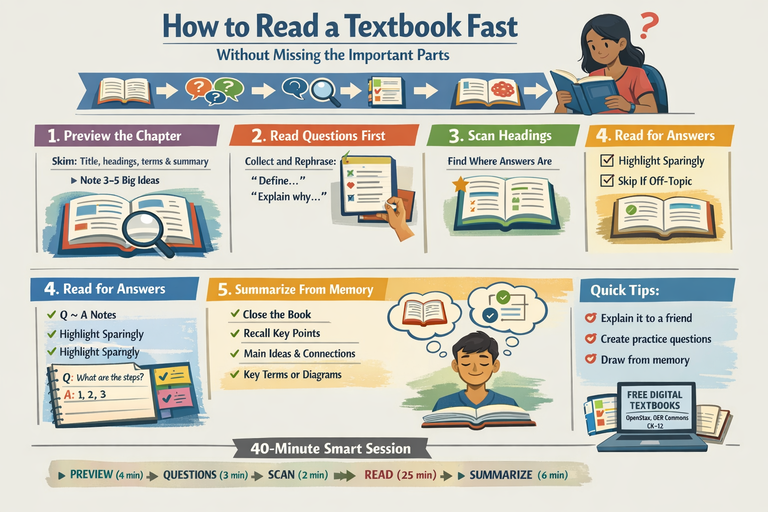The Role of Literary Agents in Today’s Publishing Landscape
In the rapidly evolving world of publishing, one figure continues to play a central, often misunderstood role: the literary agent. As self-publishing rises, digital platforms multiply, and traditional publishing grows more selective, the question emerges—are literary agents still necessary?
The answer is a resounding yes, but with nuance. Literary agents remain vital gatekeepers, advocates, and career builders for authors—especially those pursuing traditional publishing routes. Understanding their function, influence, and how they navigate today’s landscape can empower writers to make informed choices about their careers.
What Does a Literary Agent Actually Do?
At the core, a literary agent is a professional who represents writers and their work to publishers and film producers. But their job goes far beyond simply submitting a manuscript.
Agents are deal-makers, editors, strategists, marketers, and often, long-term career partners. They:
-
Review and refine manuscripts or proposals before submission
-
Pitch projects to editors at publishing houses
-
Negotiate contracts on behalf of authors
-
Ensure fair royalty terms and protect authors’ rights
-
Help authors build sustainable writing careers
-
Act as liaisons between the author and publisher throughout the publication process
In essence, literary agents serve as both creative champions and business protectors. They speak the language of publishing insiders and help authors get their work seen—and taken seriously.
The Agent’s Role in a Changing Industry
Today’s publishing landscape is more complex than ever. Traditional publishing houses are increasingly risk-averse, favoring authors with strong platforms or prior success. At the same time, self-publishing tools have made it easier for writers to go it alone.
So where do agents fit in?
In this environment, literary agents are more valuable than ever for those seeking traditional publication. They know which editors are looking for what kind of material. They can time submissions strategically, make your pitch stand out, and negotiate terms that an unrepresented writer may not even know to ask for. When done right, they can elevate your book beyond what’s possible alone.
Moreover, agents now do more than broker publishing deals—they also explore film, TV, foreign rights, and audio rights. Many authors find that having an agent multiplies their income streams and opens doors they didn’t even know existed.
Why Publishers Prefer Working With Agents
Many major publishers don’t accept unsolicited submissions. They rely on agents to act as curators, filtering manuscripts and delivering only what’s truly worth reading.
This gatekeeping function saves publishers time, but it also benefits writers. When an agent submits your work, it arrives with a vote of confidence. It signals that someone with industry expertise believes in your project and has vetted it thoroughly.
Agents also manage negotiations with more authority than most authors can alone. From advances and royalties to rights and deadlines, agents understand the fine print—and ensure you’re protected. Without one, you’re negotiating with professionals who have far more experience and legal insight.
What Agents Look for in Authors
The myth that agents only care about big platforms or viral fame isn’t entirely true. While reach and audience matter, agents are still, above all, looking for great stories. They seek:
-
Original, compelling ideas
-
Strong, polished writing
-
Clear market potential
-
A professional and cooperative attitude
-
An author willing to promote their work
They also look for commitment. Publishing is rarely a one-book deal anymore. Agents want to invest in authors who are building a career, not just a single title.
The Query Process: Getting an Agent’s Attention
To work with a literary agent, most authors begin by writing a query letter—a one-page pitch summarizing the book, its audience, and the author’s background. Think of it as a mini business plan and elevator pitch rolled into one.
Agents receive hundreds of queries per week, so standing out matters. This means your writing must be impeccable, your story clearly defined, and your market position well thought-out. Some agents also request sample pages or full proposals, especially for nonfiction.
Rejections are part of the process. Even amazing manuscripts are turned down, often due to timing, market saturation, or personal taste. But once the right agent sees the right project, things can move quickly.
The Benefits of Representation
Having an agent often means the difference between your manuscript sitting unread in a submissions pile and getting a deal with a top publisher. But the benefits go beyond the sale.
Here’s what agents provide:
-
Editorial feedback: Many agents edit or guide revisions before submission to give your work its best shot.
-
Publishing access: Agents pitch to editors who don’t accept unagented work.
-
Stronger deals: Agents know fair advance ranges and can negotiate better royalties and rights splits.
-
Career strategy: Good agents help plan future books, brand development, and author growth.
-
Foreign and film rights: Many agents have contacts to sell your work internationally or adapt it for screen.
-
Conflict mediation: If issues arise with your publisher, the agent advocates on your behalf.
Essentially, a literary agent adds value at every stage of the journey.
The Agent-Author Relationship
Finding the right agent is like dating—you’re building a professional relationship based on trust, communication, and shared goals. Not every agent will be a fit, and chemistry matters.
Once signed, agents typically take a 15% commission on domestic sales and 20-25% on foreign or film rights. They earn only when you earn. This incentive structure means your success is directly tied to theirs.
Transparency, professionalism, and realistic expectations are key. Agents can open doors, but they can’t guarantee stardom. Their role is to give your book its best chance—and walk beside you as your career evolves.
When You Might Not Need an Agent
While agents are crucial in many publishing paths, there are scenarios where you may not need one:
-
Self-publishing: If you plan to publish independently, especially in genres like romance or sci-fi, where indie success is strong, you may skip traditional gatekeepers altogether.
-
Small presses: Some independent publishers accept unagented submissions.
-
Hybrid publishing: Authors using a blend of self and traditional publishing might prioritize control over representation.
-
Short works: Articles, essays, and poetry typically don’t involve agents.
Still, even in these cases, having an agent—or at least legal advice—can help if you land rights offers or major distribution deals.
Finding the Right Agent
Not all literary agents are equal. Look for agents who:
-
Represent books similar to yours
-
Work with reputable publishers
-
Have a track record of successful sales
-
Are members of professional organizations like AAR (Association of Authors’ Representatives)
-
Are transparent about their process and communication style
Research, follow submission guidelines, and don’t be afraid to ask questions during “the call” (if an agent expresses interest). The goal is not just to get signed—but to build a strong, supportive working relationship.
Conclusion
In today’s publishing ecosystem, literary agents remain essential for many authors aiming for traditional success. They are advocates, editors, negotiators, and champions who know how to navigate an increasingly competitive and complex industry.
While not every author needs an agent, those who do often find their careers move faster, their deals are stronger, and their books go further. Whether you’re writing a breakout novel, a powerful memoir, or a game-changing nonfiction title, the right literary agent can make all the difference.







